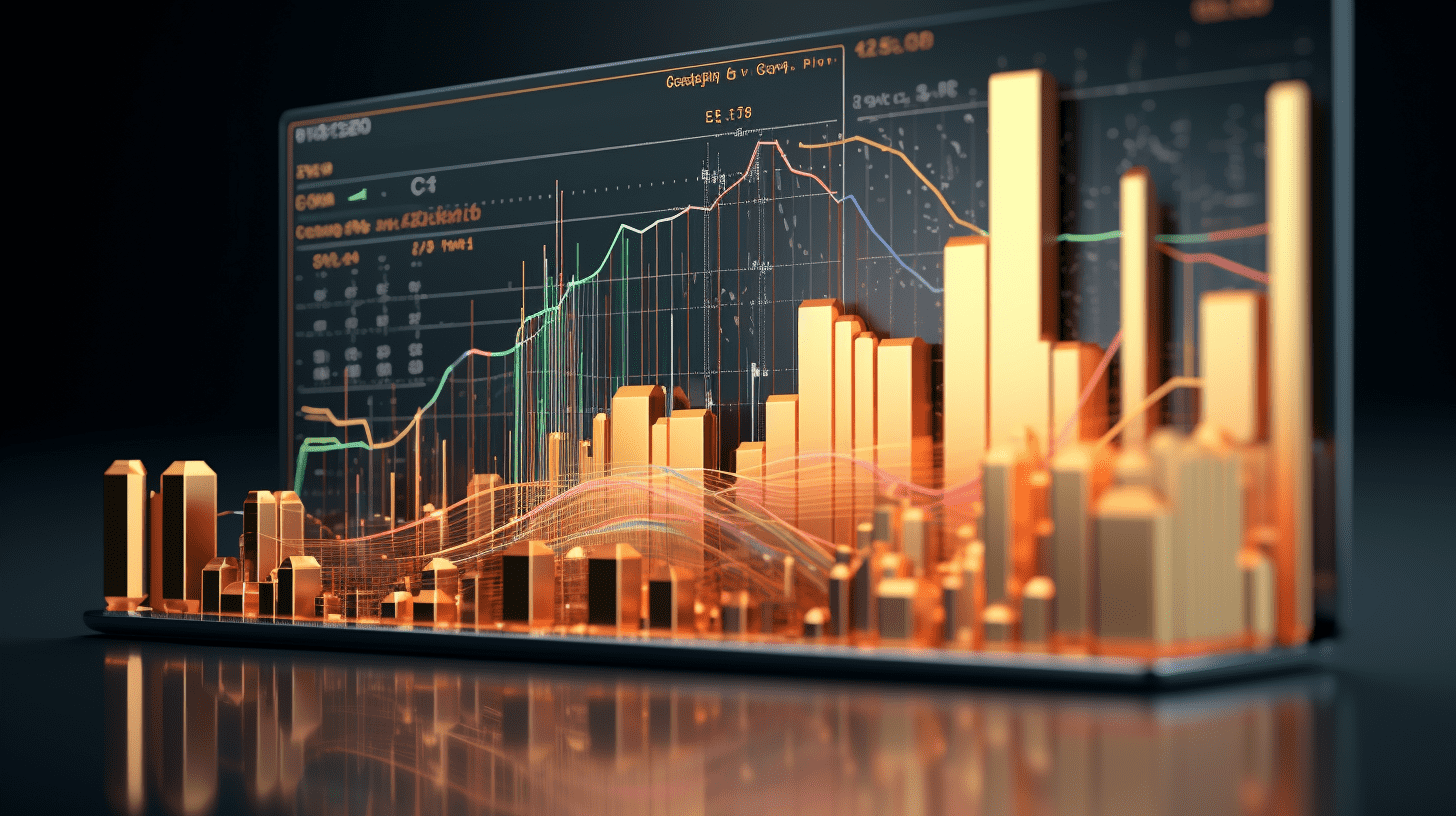
The report stated that Trump privately admitted that tariffs would push the US economy to the brink of recession, but he does not want to experience a "Great Depression".
According to foreign media reports citing informed sources, US President Trump privately admitted that his controversial high tariffs policies could push the US economy to the brink of recession, but he is determined to avoid a "Great Depression."
The report stated that Trump disclosed to advisers last week, after announcing widespread and high tariffs, that he realized this could slow down the economy and even lead to serious consequences. However, he insisted that he "can accept a certain degree of pain" in order to pursue policy goals. A person who met with him on Monday told the media that Trump was willing to "bear the cost."
The economic community generally defines the "Great Depression" as a more severe and longer-lasting economic downturn with higher unemployment rates than a recession. Since the "Great Depression" of the 1930s, the United States has not experienced a similar severe economic collapse, as the unemployment rate in the US once reached 25%. The reason why this historical disaster has not been repeated to a large extent is due to advancements in monetary policy, fiscal policy, and safety mechanisms such as the establishment of deposit insurance systems like the Federal Deposit Insurance Corporation (FDIC).
Although some economists have warned that Trump's tariff policies are suppressing global trade and could push the US economy into recession, no one believes the situation will worsen to the point of triggering a "Great Depression."
Before Trump announced the withdrawal of some retaliatory tariffs, the financial markets experienced severe volatility: bond yields surged and the stock market plummeted. However, his policy "reversal" on Wednesday immediately led to a strong market rebound, with the S&P 500 index posting its best single-day performance since 2008.
Kevin Hassett, chairman of the US National Economic Council, said in a media interview on Thursday that the bond market's movements were a key factor in Trump's decision to make adjustments. The 10-year Treasury yield briefly exceeded 4.5% overnight on Tuesday to Wednesday, triggering speculation in the market as to whether large overseas holders of US bonds, such as Japan or China, were selling them. Bond yields and prices are inversely related, so a surge in yields means that bonds are being sold off.
"Things were proceeding in an orderly fashion," Hassett said. "But there is no question that the performance of the bond market yesterday pushed the president to make the decision with greater urgency. Of course, the decision was planned to be made anyway."
Trump also admitted in a public speech on Wednesday that investors' anxiety influenced him. "I think some people are overreacting a bit," Trump said. "They're a little jittery, a little scared."
Another factor that prompted Trump to adjust his tariff policy was the rising influence of Treasury Secretary Scott Bessen in trade policy. An informed source who had direct conversations with Trump revealed that multiple countries negotiating on trade with the White House also prompted the president to reconsider his initially tough stance.
RECOMMEND
©️2013 - 2025 GMT EIGHT Holdings. All Rights Reserved.
Contact: [email protected]


